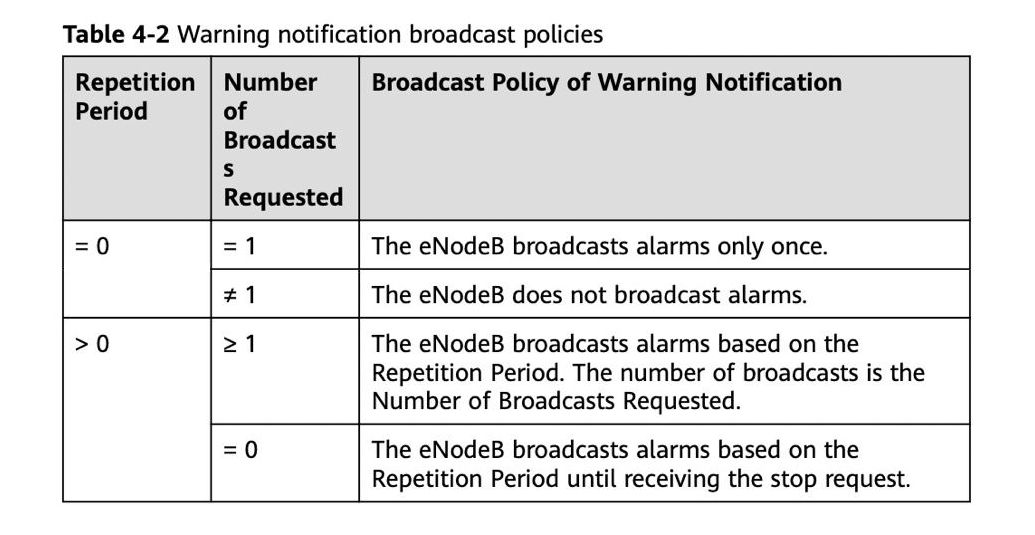Initial outcome of Emergency Alert testing (Cell Broadcast): all networks except Three received an alert in my household.
*One* person in a large group of us around the UK received the alert on Three, in Cardiff.
Let's go into why.
#EmergencyAlerts
*One* person in a large group of us around the UK received the alert on Three, in Cardiff.
Let's go into why.
#EmergencyAlerts

Networks who successfully performed the trial did rebroadcast the signalling (SIB12-v920) continuously for the full 20 minute duration of the test, stopping the alert at about 15:21.
This meant, if you had a device in airplane mode until 15:15, you'd still get the alert.
This meant, if you had a device in airplane mode until 15:15, you'd still get the alert.
The question of why Three didn't propagate the message correctly through its core is an interesting one, and one we also saw in the initial trials last summer.
On my Three device, I received zero signalling at all for the alert on my local Samsung or Ericsson sites.
On my Three device, I received zero signalling at all for the alert on my local Samsung or Ericsson sites.
Last trial, Three had issues with repetition period and number of broadcasts in their signalling.
That means instead of repeating the alert continuously (>0 =0), or every N secs (>0, >=1), sites would only broadcast it once (=0 =1).
That means instead of repeating the alert continuously (>0 =0), or every N secs (>0, >=1), sites would only broadcast it once (=0 =1).

This is probably what happened again this time, which would explain the variety of people to received the alert and who didn't.
In a nutshell, every Three site likely sent the alert only once, and devices don't constantly look for these messages, hence why they should repeat.
In a nutshell, every Three site likely sent the alert only once, and devices don't constantly look for these messages, hence why they should repeat.
Brief addendum: the device has to be scanning for the alert, but it is the network's responsibility to tell it to scan for it.
https://twitter.com/davwheat_/status/1650165479460175878
• • •
Missing some Tweet in this thread? You can try to
force a refresh

 Read on Twitter
Read on Twitter



